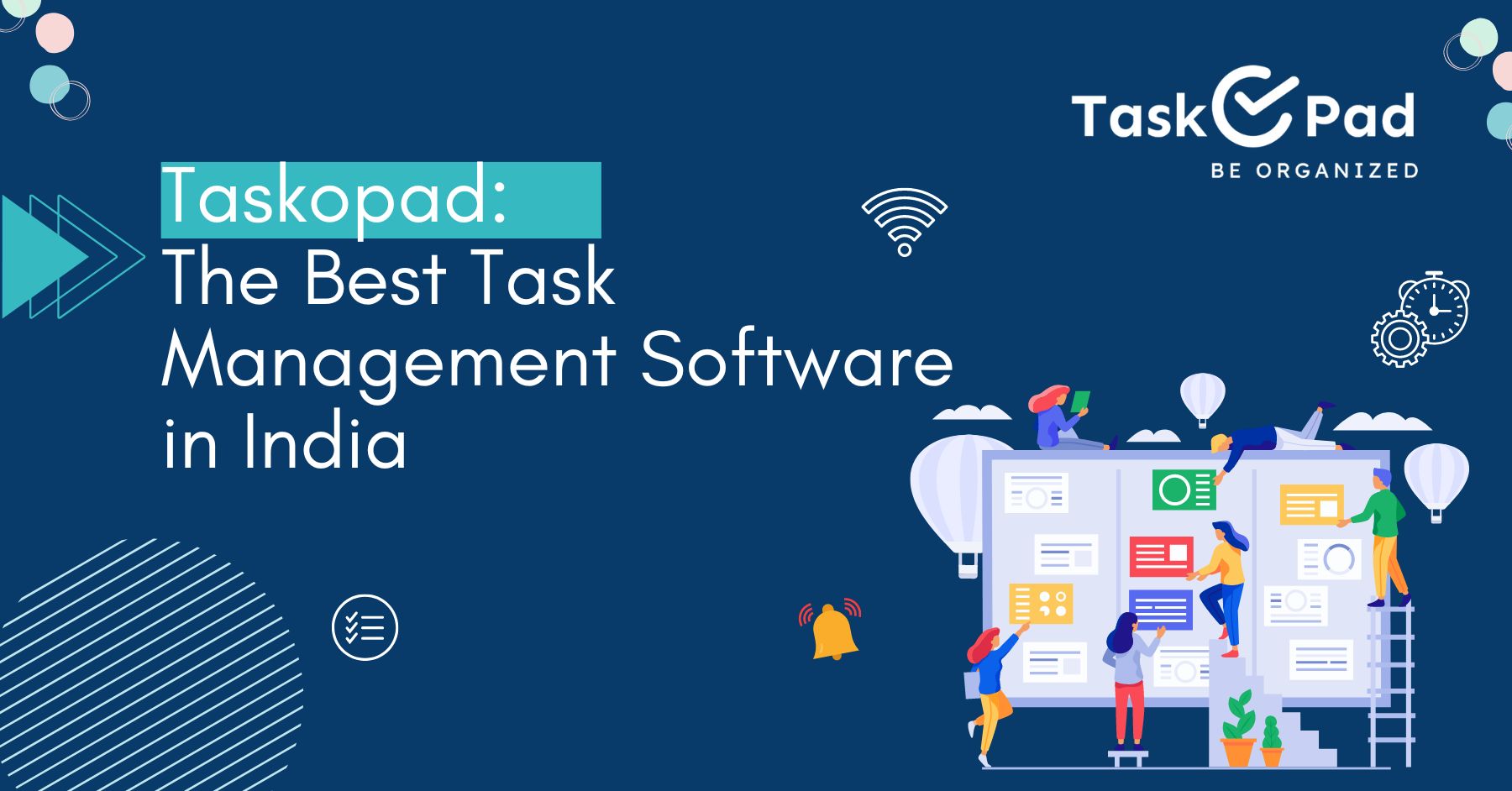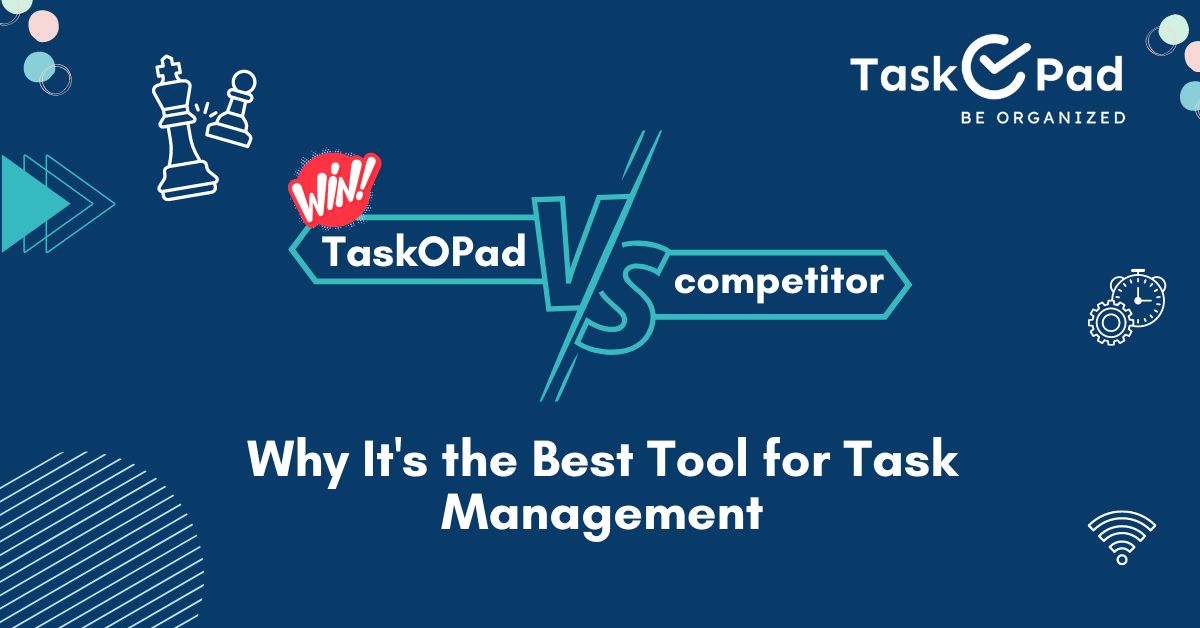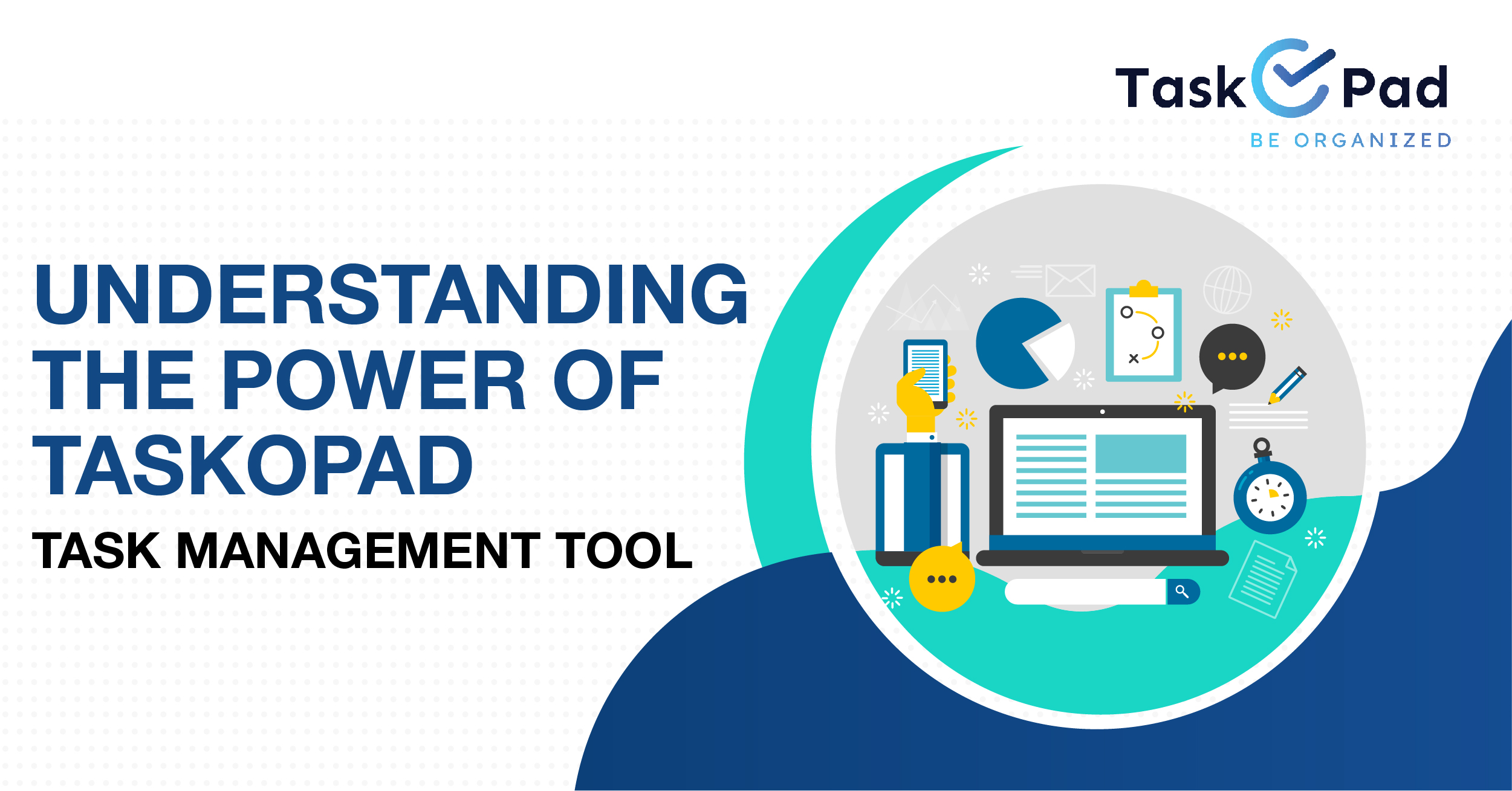
Work Management Tool
Empower Your Small Project-based Teams With a Work Management Tool
May 17th, 2022
Managing work at your organization can be an arduous task. Why? Well, there are multiple aspects that are counted under work management. And FYI, it is not the same as project management. Work management varies from project management in various ways. One of the primary differences between work and project management is the scope. The scope of project management is limited to documentation, communication, tracking, and delivery of the project.
On the other hand, work management includes everything that happens in an organization. For example, it includes careful planning and analysis of multiple projects, resources, tasks, etc. In short, work management is a way of managing work and people while keeping the workload balanced and employees happy.
Why Work Management?
It is a pretty obvious question, why focus on a work management system? Let’s begin with some stats!
1. 85% of the employees are not engaged at their workplace.
2. As per a 2021 study, around 73% considered leaving their jobs, even if they were not looking for one.
3. Companies that have engaged employees tend to be 21% more profitable.
Now, whether you find these stats positive or negative, somewhere, work management has a role to play. Why do employees plan to quit? Why are they not engaged? These questions can be easily answered with work management.
Most of the work management issues happen in small project-based organizations. As the team size is limited, taking up a new project can be tricky as there may be no one with experience to handle that project. Here work management is necessary!
Also Read : Enhance Productivity with an Effective Project Management Timeline
Work management enhances efficiency
So far, we know that work management is a broader term. It deals with the overall analysis of the organization’s work status and making it better by planning projects, resources, and tasks. For example, if multiple projects are there to complete, the resource allocation, task allocation, etc., needs to be done carefully under work management.
When you allow your team members to work as per their responsibilities and skills, you are free from the hassle of work delays. As all people know what they need to do and till what date, efficiency is increased significantly. As all resources are utilized in the right place, you can get more done in less time.
It allows team members to collaborate
Most small project-based organizations face the issue of collaboration. As your resources are limited, your team needs to be flexible, maintain proper communication, and should be available when needed. It is only possible if everyone knows how things are going to be ahead!
Work management deals with the project, resource, and task planning before time. When it is planned well, your team members will know about the dependencies and deadlines in advance. Therefore, it will be easy for them to collaborate and be adaptive.
It helps in keeping people happy
As suggested by the stats, 73% of people consider leaving their jobs. It can be due to low engagement, work pressure, toxic environment, etc. The key thing to understand is that none of these factors are going to stay if you excel in work management.
If you plan and assign tasks and responsibilities to people that they are capable of fulfilling, your staff will never get bored or face criticism for bad work. As your expectations will be clear, it will be easier for them to deliver the best work. Hence, they will be happy!
How to implement Work Management?
If you are thinking, Is work management necessary for me? Yes, it is! We recommend you to use a work management software for an efficient overall management process.
The implementation of work management is easy. You just have to keep some important things in mind while choosing work management tool. Here are some of those things!
1. Task management features: Look for task management features like task addition, priority settings, deadline, member logins, access permissions, etc. Most Task Management Software has these features like Asana, Monday, etc.
2. File sharing: As documents are the core of every organization, your work management tool should also have the facility of file storage and sharing.
3. Communication: To ensure that your employees are updated with all the crucial information, look for a tool that permits you to send messages and add comments on the task. Asana is the best example!
4. Time management: Efficiency is highly dependent on time. Hence, choose a Work Management Software that keeps track of your time spent on each task. Once you get a tool that has these features, all you need to do is use it to plan and manage resources, tasks, and more.
If you are one of the small creative agencies, consultancies, or implementation teams that want to streamline their work management, you need to invest in a work management tool. We recommend you leverage the power of task management software. It has everything you need to excellently manage your projects, resources, and tasks.
Search by posts
Search by posts
Recent posts
5-19-2024
Productivity Tool












